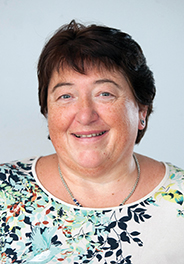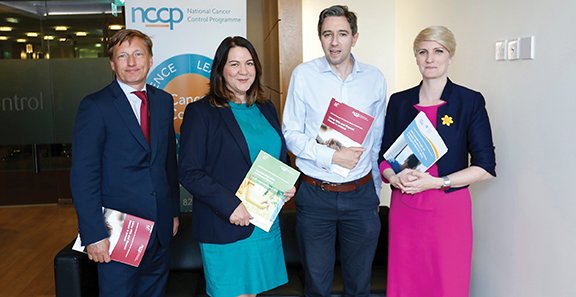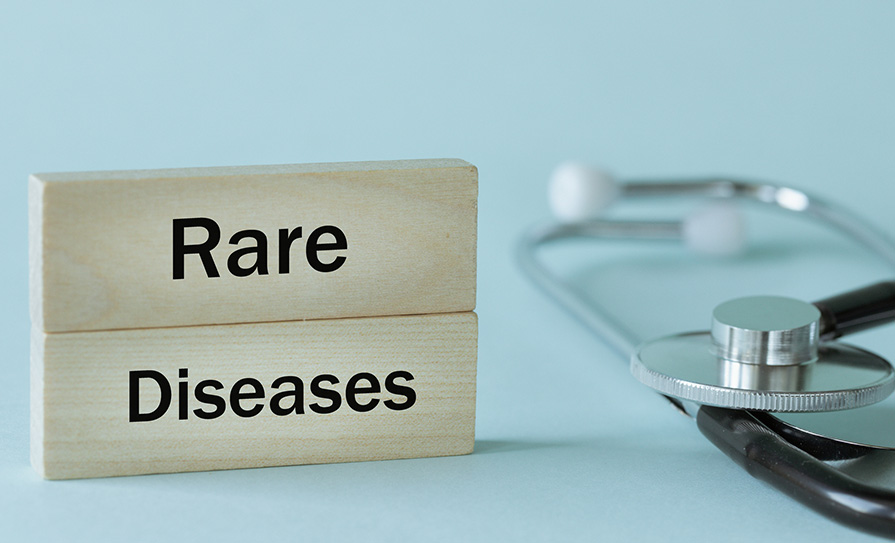There is an increasing emphasis on attending to the psychological needs of cancer survivors. David Lynch talks to the new National Clinical Lead in Psycho-oncology about upcoming plans
sycho-oncology is concerned with the treatment of psychological distress caused by a diagnosis of cancer for both patient and family. According to the National Cancer Survivorship Needs Assessment, which was launched in August, psychological support is one of the key areas consistently identified by Irish cancer patients and their families as being essential to quality-of-life.
According to the HSE, there is to be greater emphasis on psycho-oncology in patient care, and “at present policies are being developed to ensure fair and equitable access for all patients”.
“These reflect the changing needs of cancer patients as they go through the cancer experience from the time of diagnosis, living through their treatment and learning to live with the long-term consequences of a cancer diagnosis,” according to an Executive spokesperson.
Radar
However, is the significant emphasis on psycho-oncology a new development?
“Ten or 15 years ago, I mean it wasn’t on the radar at all,” Dr Helen Greally (PhD), Chartered Psychologist and National Clinical Lead in Psycho-oncology, National Cancer Control Programme (NCCP), told the Medical Independent.
“What’s happened really is that we have had various people working around the country on their own, working with cancer patients that are feeling stress because of their diagnosis.
“When the last cancer strategy was published, there were two recommendations in that strategy directly related to psycho-oncology.
“The strategy recommended that a clinical lead for psycho-oncology would be appointed to join. I am in that post since December [2018]. The other recommendation was that we would roll-out a model of supportive care for cancer patients and their families.”

The roll-out of this model of care is what is on the agenda right now.
A working group has been convened and over the next six months will produce the model, including a referral pathway.
Dr Greally’s position is a three-year post. She described herself as “very enthusiastic, but also very hopeful” about the work she is doing.
“Obviously funding is an issue, so we have to fund these things, we have to fund the community supports and that is what we are involved in at the moment, trying to secure funding,” she said.
Has the reaction from doctors and other medical staff been positive to these proposed changes?
“Oh, yes absolutely. I think all the doctors working in the services are absolutely delighted that there will be somewhere where they can send patients to and refer to,” replied Dr Greally.
“Very obviously quite often the acute hospital is not the place to be treating [psychological stress], there is a different focus there on medical treatment. So the whole idea that there will be other strands to someone’s care is hugely important.
“I have been around the country talking to different cancer networks and it has been universally positive in terms of how they see it.
“I think it is definitely a very welcome development and it really is thanks to all the years of work done behind the scenes.”
Dr Greally said that having a clear model of care for cancer survivors with psychological needs “is really important because up to now it has been very random. It depends what part of the country you are in whether you get a support service if you are a cancer patient in hospital.”
She describes the new system that is envisaged as a “hub and spoke model”.
“You [will] have a multi-disciplinary team based in the nine cancer centres. Comprised of psychiatry, psychology, social work, and nursing, they would be the first port of call for patients,” she said.
“Firstly, we would assess the patient [to ascertain] if they are suffering from any degree of significant stress and if they are, they would be seen by the team.”
Dr Greally said that the National Cancer Survivorship Needs Assessment “showed, that a big issue for cancer patients is what happens after they leave the hospital”.
“At the moment there isn’t an established patient pathway to go from the acute hospital, back to your community.
“We know that we are really well served with having really good support centres across the country, but often patients don’t know how to access them. So we will be working on that pathway so the team in the hospital work closely with those in the community and they both work in tandem together.”
GPs
Will this focus on multi-disciplinary teams mean that GPs will be less involved in supporting patients after their stay in hospital?
“No, there will certainly be primary care teams involved in this as well. It depends where you are located geographically,” said Dr Greally.
She added that she wants to link up acute hospitals, the community sector, and the voluntary sector.
“[We have] 42 support centres in Ireland today and they are all voluntary or charity sector. Some of them are really well-established and offer really good services, so we really want to incorporate that into the model we are trying to develop.”
Dr Greally wanted to highlight that the service will not be needed by all cancer survivors. She said that research shows that between 45-to-55 per cent of cancer patients experience moderate to significant distress following diagnosis.
“So there are lots of cancer patients that don’t need this service and they manage on their own or with support from family, so it’s not necessary for everyone,” she said.
In terms of training for healthcare workers she said that the NCCP is rolling out a programme for nurses to equip them in recognising stress in patients so that they will be able to assess and refer on.
“Often it’s the people on the frontlines who pick up on this stress; often it’s when the ward goes quiet at night when patients are most likely to talk to people,” said Dr Greally.
“Really we want to equip nurses and other healthcare professionals to recognise the stress, if it’s beyond normal. Because some distress is normal in all cancer patients, but when it gets to a level where it is more difficult to cope with, we want to equip nurses and other healthcare professionals to recognise it.”
International
She notes that Australia and Canada have well-established schemes dealing with cancer survivorship; however, Dr Greally said that Ireland is also progressive in this area.
“The fact that it is in the [cancer] strategy is a really important development for psycho-oncology services,” she said.
“We are one of the few countries that have a clinical lead in psycho-oncology so we are paying far more attention to the psychological needs of cancer patients, which is a huge departure from what it was before.”
According to the National Cancer Survivorship Needs Assessment, there are over 173,000 cancer survivors in Ireland, almost 4 per cent of the Irish population and this number is set to increase.
Speaking on the launch of the assessment Minister for Health Simon Harris said: “More than 170,000 people in Ireland today have experienced a cancer diagnosis. Thankfully, our survival rates are increasing and while that is welcome, it brings its own challenges.
“We must ensure we provide comprehensive cancer care for patients in Ireland who are living with and beyond cancer. It is crucial that we provide the support required to allow people to manage the impact this has on them, their family, work, and society.”
Mr Jerome Coffey, NCCP Director, said: “The third National Cancer Strategy recommends investment into survivorship services to provide optimal care for cancer patients. The NCCP is leading on the implementation of the recommendations through their Survivorship Programme.”
Dr Conan Donnelly, Research Manager, National Cancer Registry Ireland and co-author of Unmet Needs of Cancer Survivors: A Scoping Review 2019, said: “The Irish research literature paints a picture of multi-faceted and complex needs among patients living with and beyond cancer across a spectrum of cancer types. It is essential we document the patient experience to ensure the planning and evaluation of survivorship services reflects these unmet needs.”













Leave a Reply
You must be logged in to post a comment.